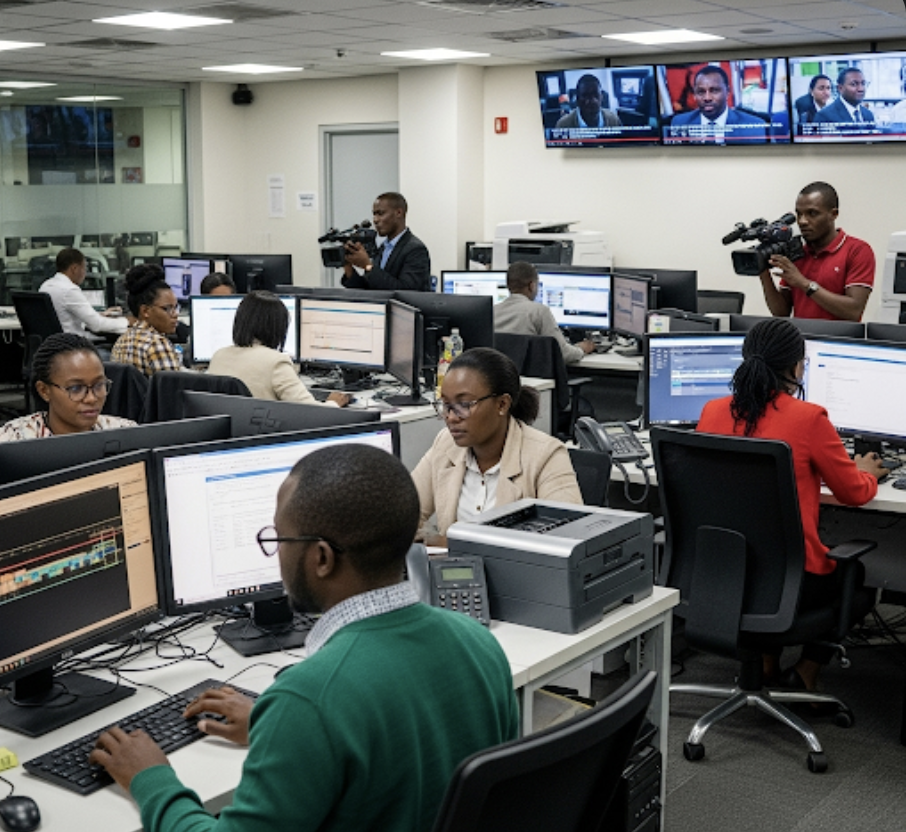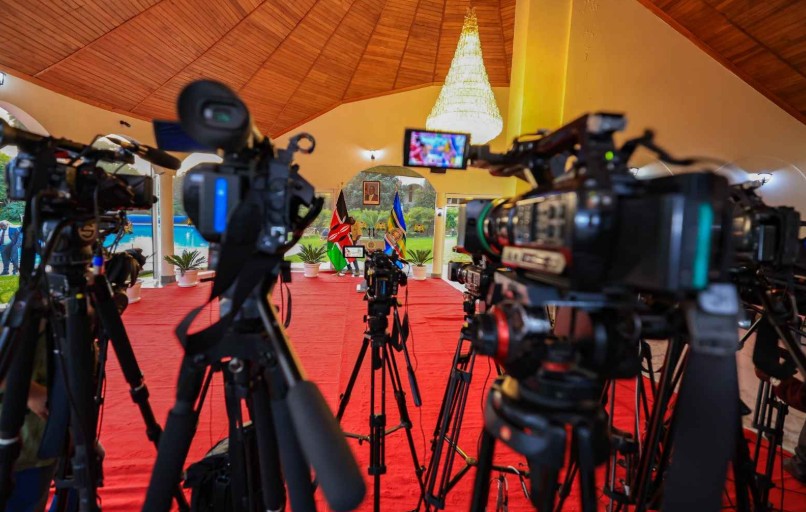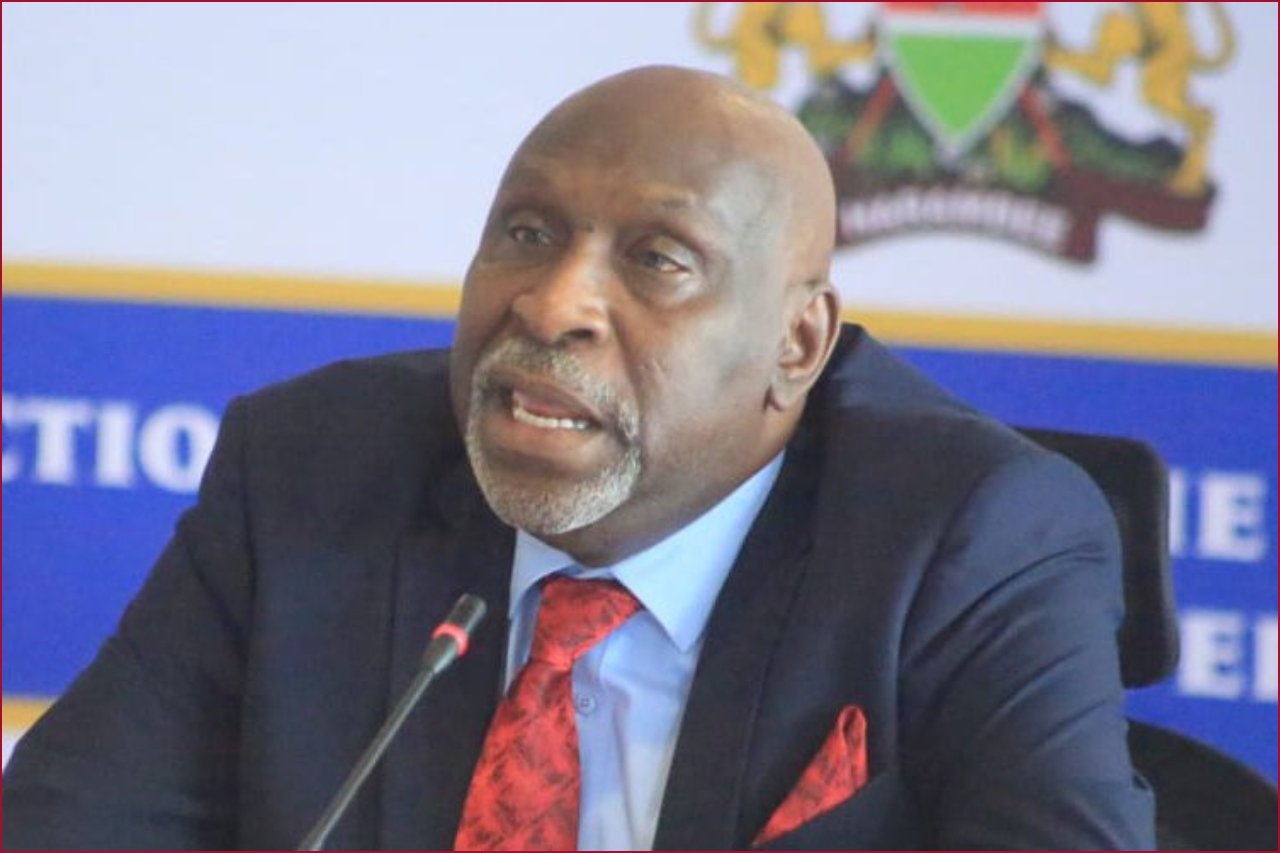By Victor Bwire
As media houses and journalists grapple with sustainability challenges; ranging from declining revenues to technological disruption; content theft and poor monetisation of news now pose the greatest threats to the industry.
To sustain professional journalism, which is a recognised public good, the sector urgently needs stable and innovative business models. Traditional sources of revenue are no longer sufficient, yet public expectations remain unchanged: many still demand free content, even if it is poorly produced, manipulated, or misleading.
In the absence of reliable funding to support public interest journalism, news consumers must be willing to pay for content. Otherwise, large technology companies will continue exploiting work produced by journalists; particularly in the Global South, curating and reselling it at premium rates.
This puts even more pressure on a media sector already reeling from disrupted markets, heavy taxation on equipment, soaring operational costs (including ensuring journalists’ safety), and dwindling income.
Read More
Although new business models such as subscriptions and paywalls are taking shape, they largely benefit a small, literate, and economically stable segment of the population.
This limits wider public access to journalism in the public interest, presenting a philosophical dilemma: should access to information and freedom of expression come with a price tag? The flood of digital content has also imposed new costs on newsrooms, forcing them to adopt advanced technologies and strengthen their fact-checking mechanisms, in a bid to stay ahead of unregulated and unreliable information sources.
Human rights organisations and advocates must begin treating journalism as a key enabler of rights, and invest in its protection. Journalism, as a public good, is under serious threat and requires a strategic, coordinated response; much like the fight against climate change.

Mr Victor Bwire is the Head of Media Development and Strategy at the Media Council of Kenya.
While philanthropy, civil society collaborations, and media development funds have proven successful elsewhere, Africa needs bold, targeted policy interventions. These include subsidies for media tools and production, mandatory content compensation by tech giants, and greater protection for journalists; covering digital, physical, and mental well-being. Enabling laws and frameworks must be enacted to safeguard the future of free, independent, and public interest journalism.
In Kenya, as in other parts of the world, the cost of producing quality journalism is extremely high. Audiences want content that is relevant, engaging, and trustworthy, but are still unwilling to pay for it. As traditional media struggles to remain afloat amidst online competition, independent content creators, a harsh regulatory environment, widespread misinformation, and rampant content theft, consumers must reflect honestly: are they willing to support journalism financially?
In this age of misinformation and content manipulation; further complicated by artificial intelligence, African citizens are increasingly exposed to biased, politically motivated, or misleading information. Who is protecting them from this? Who is helping African journalists and content creators monetise their work, or will they continue to be exploited by global tech companies profiting off their data and creativity?
Disrespect for intellectual property rights remains widespread, even within our institutions of higher learning. Universities are hubs of unauthorised photocopying and book reproduction, and social platforms are rife with users sharing digital newspapers and subscription-only articles illegally. Such acts not only breach copyright law; they also deny critical income to media producers.
The media’s operating environment is increasingly hostile, undermining its role as the Fourth Estate. Online platforms dominate the advertising space, yet regulators have failed to prevent these platforms from exploiting copyrighted content without investing in its creation.
Ironically, while advertising regulations are being tightened for traditional outlets, online spaces continue to flourish unchallenged. Meanwhile, academic and institutional research into evolving audience behaviours and media revenue models has largely collapsed.
Training institutions must realise that the rules of the game have changed. Journalism curricula need urgent reform, focusing on how to create content that attracts audiences, is user-friendly, and can be monetised. Students must learn how to earn from their work; either individually or through collective efforts. High-quality, ethical journalism has a ready market both locally and internationally.
Governments must support the media sector by creating tax regimes that recognise journalism as a public good. Development partners and human rights advocates should form strategic partnerships with the media to promote public interest journalism, and actively engage with technology firms on fair compensation and support for content producers.
Mr Victor Bwire is the Head of Media Development and Strategy at the Media Council of Kenya.
-1721982952-1752255451.jpg)









